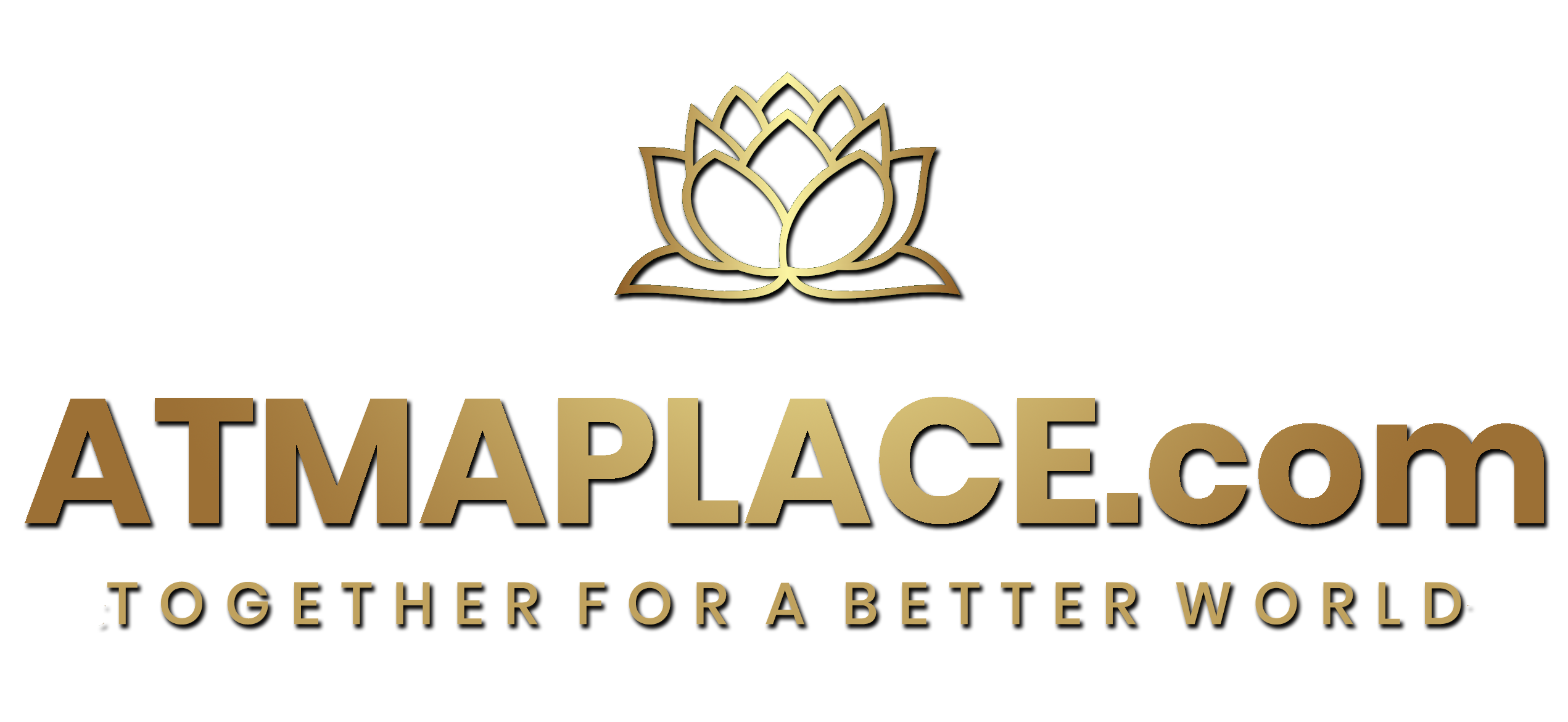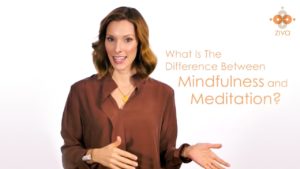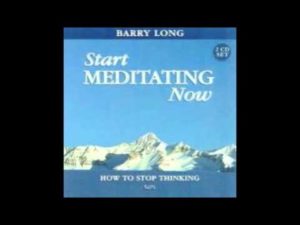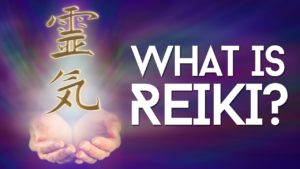As human beings, relationships are fundamental to who we are. We know that relationships can be a big source of happiness and fulfillment in our lives but they can also be one of the major sources of stress. So, why is it that we often find relationships so hard?
In this conversation, I speak to arguably one of the world’s leading and most original thinkers on modern relationships, the wonderful, Esther Perel, who has long been on my dream guest list.
We talk about the many differences between relationships of the past and the relationships of now. How we are now all under pressure not only to have the perfect relationship, but also to portray this illusion to others as well.
Esther believes that it’s the quality of our relationships that determines the quality of our lives. And who we are is actually a combination of how we see ourselves and how others see us. We only really get to know ourselves through our interactions with others.
We talk about the idea that we are not one person but different with each person – and rather than being one-way, all interactions are reciprocal. We discuss the value of couples’ counselling and whether it’s something all relationships, healthy or otherwise, need. Reassuringly, we learn that there’s no such thing as a perfect relationship, they all follow a rhythm of harmony, disharmony and repair.
Esther and I touch and expand on our own situations and how the family history and values you bring to a relationship or marriage impacts the dynamic between you. She talks us through how much the concept of marriage has changed over the past century, and how it’s a tall order to ask just one person in our lives to meet all of our needs – needs which once would have been shared across our extended families and communities.
This episode is a joyous celebration of all the relationships in our lives. It’s challenging, poignant but ultimately hugely practical. Esther offers some wonderful examples of practices we can all start implementing today, from rituals to build strength in our intimate relationships, to advice on reframing criticism or starting difficult conversations at work. The upshot? Rather than hoping others will change, we can be the change ourselves.
It was a great pleasure to speak with such an incredible lady and I know that you will get a lot of value from hearing what she has to say.




